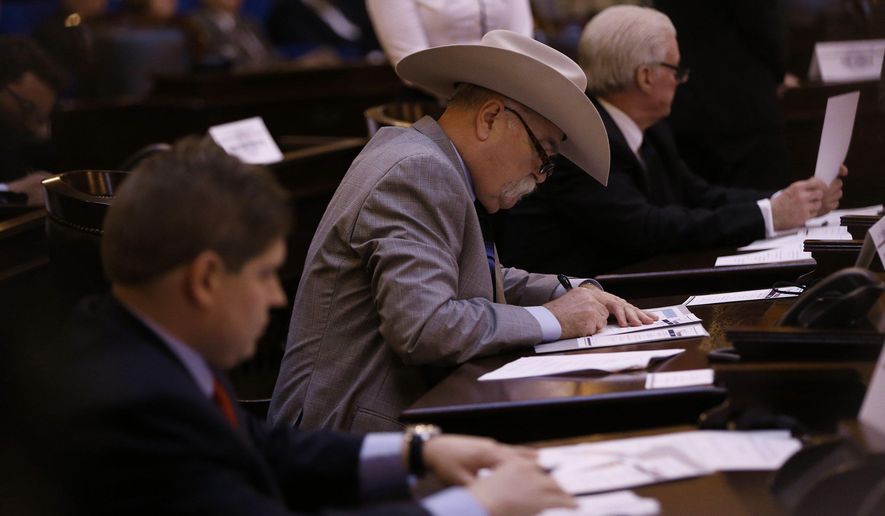OPINION:
Ask yourself this question: Would our country be better served if our president was elected by national popular vote or by the current system of an Electoral College?
We have become accustomed to the Electoral College, a system both comfortable and uniquely American. It harkens back to our founding.
The Electoral College has considerable strengths: It guarantees that winning presidential candidate cannot ignore small states. It requires winning candidates to have broad political strength, rather than offering a regional candidacy. It has worked for more than two centuries.
But it also has considerable drawbacks, and with each election cycle, questions are increasingly raised about whether the Electoral College has outlived its usefulness.
If there are only six to eight true battleground states, does the Electoral College effectively minimize the voting strength of 40-plus states every four years?
And is it in the national interest to have a candidate of one party win the national vote, but lose the presidency due to the Electoral College, as has happened twice in the last five election cycles (2000 and 2016)?
AUDIO: Matt Mackowiak with Mario Lopez
Like many people, when I have been asked to consider a national popular vote system, I have immediately concluded that it was not preferable. But upon further inspection, my own concerns are individually addressable.
Opponents often say, a national popular vote would lead to TV campaigns where candidates only attempt to win votes in the largest cities, ignoring the urban areas.
However, this argument falls apart under inspection.
According to the 2010 Census, the five biggest cities in the country (New York City, Los Angeles, Chicago, Houston and Philadelphia) only account for about 6 percent of the national population. The top 20 cities only account for about 10 percent of the population. Even the top 50 cities only account for 15 percent of the nation’s population. Big cities could never dominate a national popular vote system.
The debate over moving away from the Electoral College to a national popular vote system is not simply theoretical.
In fact, a specific, actionable election reform plan has been offered by National Popular Vote, an interstate compact which has now been adopted by 11 states, totaling 165 electoral votes. Additionally, the compact has passed in at least one house of the legislature in 12 additional states, accounting for 96 more electoral votes. When the compact covers states with 270 electoral votes, the needed majority, they will have changed the system.
How would it work?
Once the 270-vote threshold is reached, the states in the compact give their electoral votes to the presidential candidate who wins the most votes nationwide, rather than in the individual state as every state does now. This proposal still respects the role of the states in selecting the president, but it also guarantees a popular mandate. It’s the best of both worlds.
We can guess how candidates might react to this new system, but we don’t really know. Would the Democratic nominee ignore the Midwest? Would the Republican nominee ignore New York City and Los Angeles?
But every vote would have equal value, something that is not the case in today’s national elections.
Under the current system, voters in the same handful of states — Iowa, New Hampshire, Ohio, Virginia, Florida and others — have outsize influence. These “swing states” are courted every four years and receive far more candidate resources than the great mass of states.
Meanwhile, Republican voters in New York and California, as well as in states like Vermont, Massachusetts and Illinois may not feel like their votes matter in presidential years. And Democratic voters in Texas, as well as in Alabama, Mississippi, Nebraska and Utah may not feel like their votes matter in presidential years.
A national popular vote system would be the great equalizer.
I truly believe our country will move to a national popular vote; whether that is in the next 20 years or in the next 50 years remains to be seen.
Surely, we can all agree that every voter should have equal weight, no matter where they live? Every vote should count equally.
• Matt Mackowiak is the president of Austin, Texas, and Washington, D.C.-based Potomac Strategy Group, a Republican consultant, a Bush administration and Bush-Cheney re-election campaign veteran and former press secretary to two U.S. senators. His national politics podcast, “Mack on Politics,” may be found on iTunes, Google Play, Stitcher and on the web at MackOnPolitics.com.




Please read our comment policy before commenting.